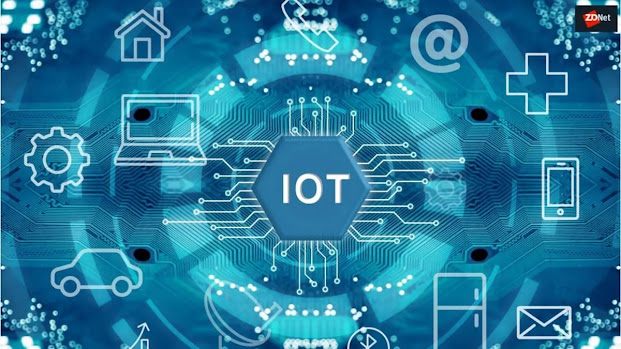Beyond Boundaries: Exploring the Future of Communication
As we progress into the 21st century, advances in technology and shifts in societal norms are continuously reshaping the landscape of communication.
From social media platforms to virtual reality, the way we exchange information, ideas, and emotions is evolving at a rapid pace.
We will discuss emerging trends and technologies that are shaping the future of communication and explore their potential impact on our lives.
1. Social Media and Online Communication:
The rise of social media and online communication platforms has had a profound impact on the way we communicate.
Instant messaging, video calls, and social networking sites have become integral parts of our daily lives, allowing us to connect with others across vast distances and cultural divides.
As these platforms continue to evolve, we can expect further integration of artificial intelligence and augmented reality, offering more immersive and personalized communication experiences.
2. Virtual and Augmented Reality:
Virtual reality (VR) and augmented reality (AR) technologies have the potential to revolutionize communication by creating immersive, three-dimensional environments that mimic real-life experiences.
In the future, we may see widespread adoption of VR and AR for remote collaboration, virtual meetings, and social interactions, blurring the line between the physical and digital worlds.
3. The Internet of Things (IoT):
The Internet of Things refers to the growing network of interconnected devices that can communicate and share data with one another.
As IoT technology advances, we can expect increased integration of smart devices into our daily lives, enabling seamless communication between humans and machines.
4. Artificial Intelligence and Chatbots:
Artificial intelligence (AI) is already transforming the way we communicate, with chatbots and virtual assistants becoming increasingly common in customer service, healthcare, and education settings.
As AI continues to advance, we can expect more sophisticated and human-like conversational agents, capable of understanding and responding to complex inquiries and emotions.
5. Brain-Computer Interfaces (BCIs):
Brain-computer interfaces (BCIs) represent a cutting-edge area of research that aims to establish direct communication between the human brain and external devices.
In the future, BCIs could enable new forms of communication that bypass traditional language barriers, allowing individuals to transmit thoughts and emotions directly to one another.
Conclusion:
The future of communication promises exciting advancements and challenges as we navigate the rapidly evolving landscape of technology and societal norms.
By embracing these emerging trends and technologies, we have the opportunity to enhance our communication skills, foster deeper connections, and break down barriers that have long separated us.
By embracing these emerging trends and technologies, we have the opportunity to enhance our communication skills, foster deeper connections, and break down barriers that have long separated us.






Comments
Post a Comment